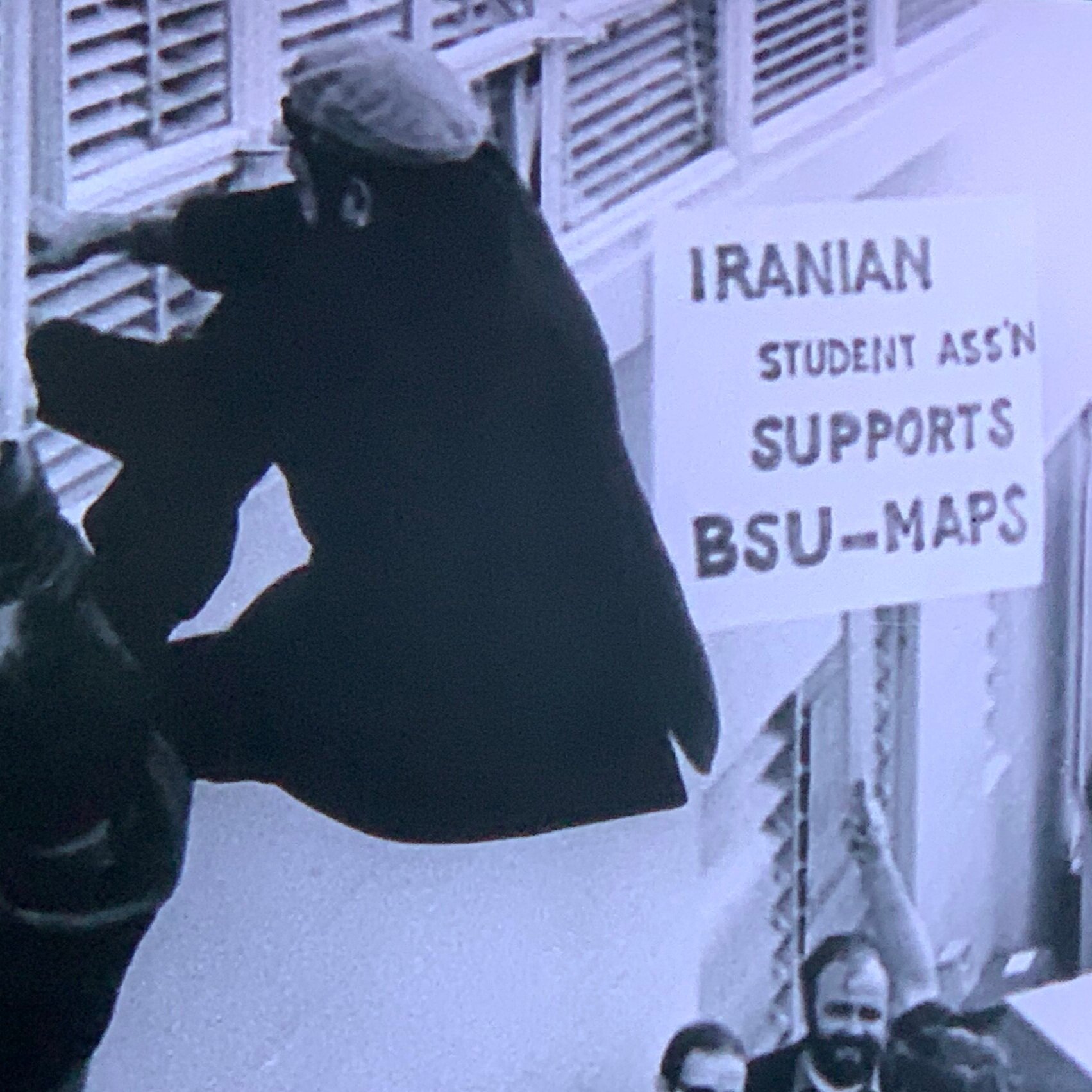teaching
MY TEACHING SPANS THE AREAS OF ETHNIC STUDIES, CULTURAL HISTORY AND MEDIA STUDIES, WITH A SPECIAL FOCUS ON HISTORIES OF RACE IN THE UNITED STATES AND US-MIDDLE EAST RELATIONS.
The key questions that animate my research are integral to the way that I think through sources and theoretical concepts with my students. I am keenly aware of how historical representation and racialization factors into the way we think about the U.S. national landscape and the individuals that shape it. And so much of how we think is constructed by what we consume. As a teacher, I encourage students to bring their whole selves into the classroom in order to make critical connections among theoretical concepts, historical and cultural texts, and their own subjectivities. My classroom environments center student participation and skill building in writing and analysis that can be transferred outside the classroom.
the courses i have designed and taught include:
Lehigh University, Department of History (2023-2024)
Representing and Resisting US Empire (lower-level course)
US and the World (lower-level course)
Orientalism and US Encounters with the Middle East (upper-level seminar with graduate section)
Lehigh University, Eckardt Scholars Honors Program (2024)
Living a Feminist Life (upper-level seminar)
Harvard University, Department of History (2023)
Race and US Empire Since 1898 (upper-level seminar)
Harvard University, Committee on Ethnicity, Migration, and Rights (2022)
Meeting Asian/Arab American Studies (upper-level seminar)
Northwestern University, Asian American Studies Program (2021)
Asian Americans and Third World Solidarity (lower-level course)
Race and Nation in the U.S. (lower-level course)
US Media Representations of the Middle East (upper-level seminar)
Transnational Asian American Activism (upper-level seminar)
Brown University, Department of American Studies (2017)
Race and Nation in the U.S.: Belonging, Longing, and Resistance (upper-level seminar)
public course offerings
I am also committed to the work of making scholarship accessible to those outside of academia.
I believe that the ideas and concepts we discuss in the academy should be introduced to audiences far beyond the ivory tower. It is my hope that in teaching courses open to the public, we will develop a shared vocabulary of understanding that allows us to communicate more effectively and draw attention to solving structural issues in U.S. society.
the courses i have designed and taught include:
ASIAN AMERICAN STUDIES for right now (IN COLLABORATION WITH THE READING, summer 2024)
This is a course for anyone who wants to think aloud about some of the things that are happening right now in the world. This is also a course for folks who are interested in thinking about, in our case, anti-Blackness and Palestine, through the lens of Asian American Studies. That is to say, we’re asking: how can the ideas from Asian American Studies help us think about the conditions of our current world?
We’ll start off the first week learning some foundational and key concepts of Asian American Studies that will help us with our conversations in the coming weeks. Then, we turn to the subject of anti-Blackness in the United States and among Asian American communities more specifically. Our final week concludes with conversations on Palestine, and why it is an Asian American Studies issue.
FOUNDATIONS OF ASIAN AMERICAN STUDIES (IN COLLABORATION WITH THE READING, summer 2022 & 2023)
This is for all the Asian & Asian American identifying folks who want to think more about the history of their communities in the United States. It’s about coming together as a collective, thinking about the flows and friction of people, labor, capital, and ideas that got us to where we are. It’s about recognizing the history of our communities and how we can integrate them into our visions of the future.
Perhaps you weren’t able to take an Asian American Studies course during college—maybe because you just weren’t interested at the time, or you had other things on your plate that you needed to prioritize. Perhaps you didn’t go to college at all, and a course like this was entirely inaccessible to you. This course is meant to introduce folks to the major themes of the field of Asian American Studies, while also providing a history of Asian America based on migration, labor, and race.






